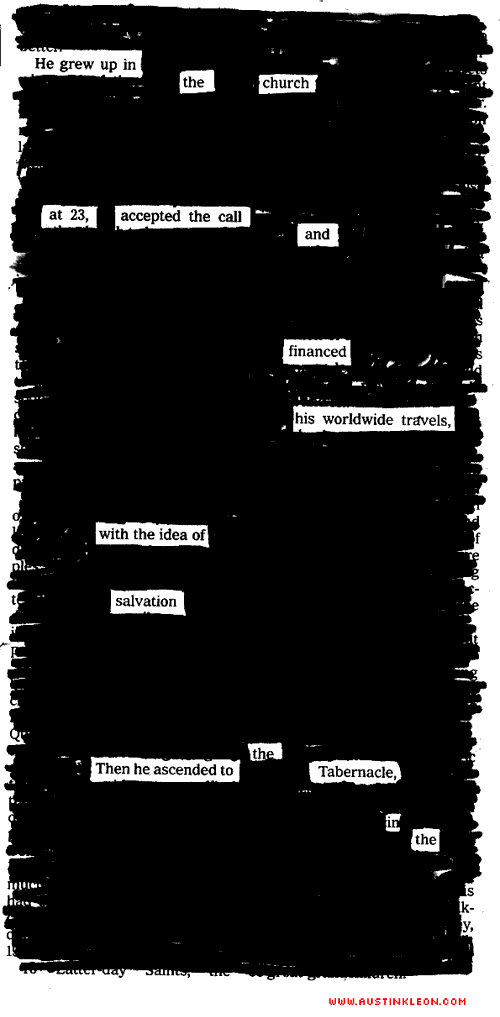
AL JAFFEE’S FOLD-INS FOR MAD MAGAZINE
[Al Jaffee] started at Mad not as an artist but as a writer….Eventually, he said, the sketches he used to illustrate his ideas caught the eye of Nick Meglin, an editor, who realized they were funnier than what the artists were producing….So Mr. Jaffee became a writer-artist. And in 1964 he had an idea. Playboy, Life and other magazines had their lavish color fold-outs, so Mad, he thought, should parody them with a cheap black-and-white fold-in.
I’m not sure that Al Jaffee’s amazing “fold-ins” for Mad Magazine really have anything to do with my goofy poems, but the textual parts sure do spark my imagination:

It’s a gimmick, but a beautifully executed one that includes content and illuminates something. Which brings up the question, “If something starts as a gimmick but produces the effect of art, is it still a gimmick?”
Links:
RITUAL

HOW TO BE AN ARTIST (PART TWO)
THE CONTINUING STORY OF GORDON THE PROPHET

See also: “Gordon The Prophet“
- ← Newer posts
- 1
- …
- 506
- 507
- 508
- 509
- 510
- …
- 638
- Older posts→
